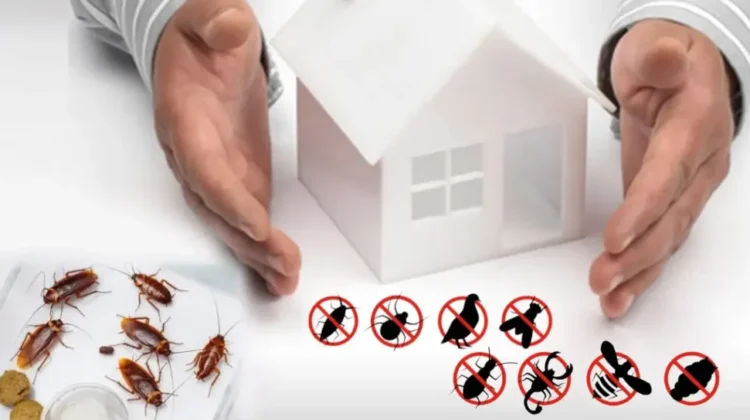
Effective Strategies for Wasp and Bee Control in Toronto: A Comprehensive Guide
Dealing with wasps and bees in Toronto can be a challenge, especially during the warmer months when these insects are most active. While bees play a crucial role in pollination and maintaining our ecosystem, their presence can be problematic if they invade homes and outdoor spaces. On the other hand, wasps can be more aggressive and often pose a greater risk. This comprehensive guide provides effective strategies for managing and controlling wasps and bees in Toronto.
- Understanding the Differences
Before implementing control strategies, it’s essential to distinguish between bees and wasps. Bees, particularly honeybees, are generally non-aggressive and beneficial for the environment. Wasps, like yellow jackets and paper wasps, can be territorial and more likely to sting when threatened. Understanding their behavior helps in choosing the right control methods.
1. Preventive Measures
Prevention is the first line of defense. To deter wasps and bees, seal off any entry points in your home. Ensure windows and doors have screens, and repair any cracks or gaps where these insects might enter. Additionally, keep food and drinks covered when dining outdoors, as sweet or protein-rich items attract wasps.
2. Proper Waste Management
Properly managing waste is crucial. Ensure trash cans are tightly sealed and clean up food debris from outdoor eating areas. Regularly dispose of garbage, and consider using bins with lids that are wasp-proof. By minimizing food sources, you reduce the likelihood of attracting these insects.
3. Creating a Less Attractive Environment
Limit the availability of nesting sites by trimming back overgrown shrubs and removing old wood piles or debris. Wasps often build nests in sheltered areas, so maintaining a tidy yard can make it less appealing for them to settle nearby.
4. Natural Deterrents
Certain natural deterrents can help repel wasps and bees. Planting herbs like mint, basil, or citronella around your garden can be effective. The strong scents of these plants can help keep wasps at bay. Additionally, placing decoy nests—such as brown paper bags or old wasp nests—can deter wasps from building nearby since they are territorial and may avoid areas with existing nests.
5. Trap and Remove
If wasps or bees are already present, traps can be an effective way to manage their populations. Commercial traps attract and capture wasps, but you can also create homemade traps using sugar water or fruit juice in a bottle. However, be cautious when using traps to avoid inadvertently harming beneficial bees.
6. Timing is Key
If you need to remove a nest, timing is crucial. The best time to tackle wasp nests is in the evening or early morning when they are less active. Wear protective clothing and use a long-range insecticide designed specifically for wasps. If you’re dealing with a bee nest, it’s advisable to contact a local beekeeper or pest control professional, as bees can often be relocated rather than exterminated.
7. Professional Pest Control Services
For large infestations or if you’re unsure about handling the situation yourself, hiring a professional pest control service is a wise choice. They have the expertise and tools necessary to safely and effectively manage wasp and bee populations while minimizing risks.
8. Educate Yourself and Others
Education is key to effective control. Learn about the behaviors and nesting habits of wasps and bees. Share this knowledge with family and friends to promote awareness and encourage collective efforts in managing these insects.
9. Use Caution Around Allergic Individuals
If you or someone in your household is allergic to stings, take extra precautions. Always have an emergency plan in place, including having an EpiPen accessible and knowing where to seek medical help in case of a sting.
10. Follow Local Guidelines
Lastly, be aware of local regulations regarding pest control. In Toronto, there are specific guidelines for dealing with bees, particularly honeybees, as they are protected by law. Always consult local resources to ensure compliance and ethical treatment of these beneficial insects.
Conclusion
Effective wasp and bee control in Toronto require a combination of prevention, natural deterrents, and professional assistance when necessary. By understanding these strategies, you can create a safer environment for yourself and your loved ones while respecting the vital role that bees play in our ecosystem. With the right approach, you can manage these insects effectively and enjoy your outdoor spaces without fear.







